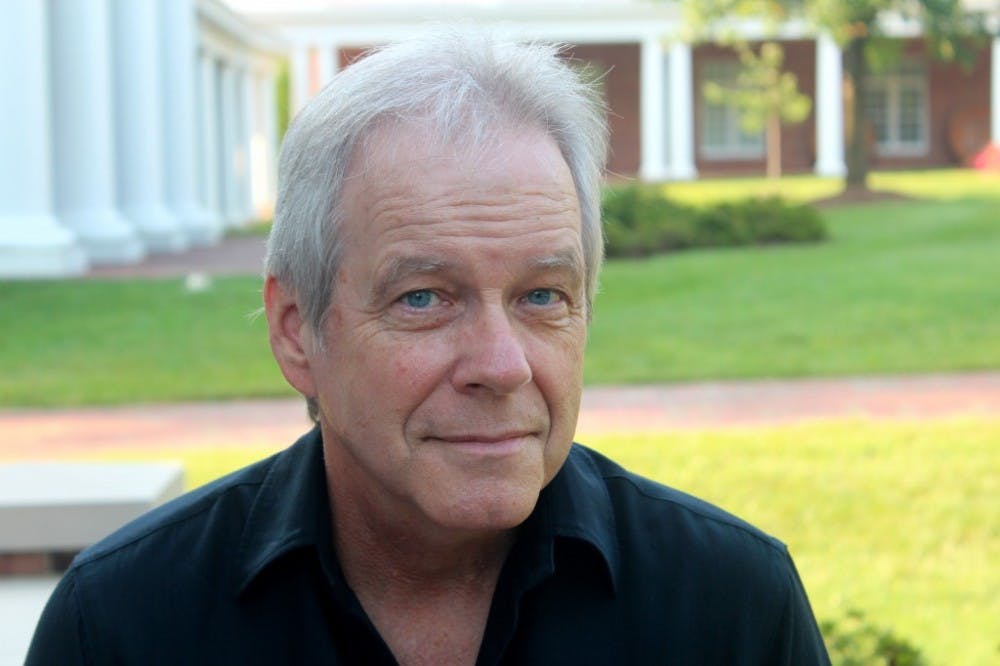A constant interest led Jeffrey Pugh, a professor of religious studies at Elon University, through college at Wesley Theological Seminary, to a master’s and doctorate degree from Drew University, to teaching at Elon and most recently, to being interviewed by CNN.
“It was really a random thing,” Pugh said. “One of my former students worked on Brooke Baldwin’s (an anchor on CNN Newsroom's) staff and called me for an interview.”
In the interview, Pugh discussed the significance and implications of Mitt Romney selecting Paul Ryan to be his vice president, considering the affiliation of the two politicians. Romney is a Mormon, and Ryan is Catholic.
“Both candidates are searching for the religious unifying glue in this race,” Pugh said. “Ideology is beginning to drive theology, and Romney is trying to mobilize the Christian community into his political camp.”
The concern with ideology guiding theology is America’s theory of American exceptionalism, according to Pugh. American exceptionalism is the idea that somehow we are God’s chosen people, and political candidates work with that idea, ending every speech with “God Bless America.”
“The American exceptionalism notion is presented with very biblical language,” Pugh said. “Refugees being led by God to carry their religion to the new world after crossing the Atlantic, much like the exodus and crossing of the Red Sea in the bible.”
Pugh said he believes this notion and rhetoric can be dangerous when it’s in the wrong hands.
The election this year provides a perfect opportunity for Pugh to teach a class on the cross between religion and politics; he is currently teaching a course called God and Politics.
His class will be taking a look at the stories that shape American culture and identity, along with to what extent religion and politics intertwine in other countries.
[box] I want to be a participant like the rest of the class. -Jeffrey Pugh [/box]
“Professor Pugh regularly teaches and writes about the intersection of religion and politics and the Department of Religious Studies is pleased whenever colleagues have the opportunity to share their expertise with wider publics,” said Rebecca Peters, chair of the department of religious studies. “His comments pointed to the importance of the study of religion in evaluating and understanding the contemporary political landscape.”
Pugh isn’t shy about his own beliefs, but he doesn’t let them dominate the conversation, he said.
“I want to be a participant like the rest of the class,” said Pugh. “If I feel a side of an issue isn’t getting enough voice in a conversation, then I’ll argue that side.”
This method of teaching challenges students to explore various perspectives and leave with their own understanding of the course material, rather than leaving in agreement with the professor.


